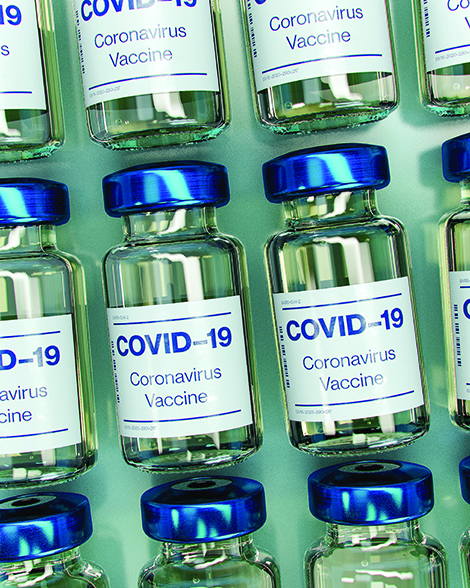Have you been waiting to get a COVID booster shot? For some answers and advice, Seattle-King County Public Health Department talked to Dr. Mark Del Beccaro, a pediatrician and former emergency department doctor who now works with COVID vaccination.
It’s been in the news that the FDA has recommended booster shots in the fall that target the new Omicron variants. Should people wait until then to get a booster shot?
No, don’t delay getting a booster if you are eligible to get one. There’s so much COVID circulating now that you’d be likely to get infected while waiting. And we’re finding that even people who’ve had COVID this year are getting it again with the new super contagious Omicron variants, so that’s another reason to keep your protection up with a booster as soon as you can.
Expert advisors to the CDC (national Centers for Disease Control)

are still weighing in on whether to offer another booster in the fall and if so, who should get it. If it’s offered, people who are boosted now could still get it in the fall.
But vaccinated people have been getting COVID, so why should people keep up with their vaccinations?
Yes, the Omicron variants have been able to infect vaccinated people. But the vaccine still provides very strong protection against severe illness, the kind that lands people in the hospital or leaves them with long-lasting COVID symptoms, or in the worst cases, dying from COVID-19. I think it’s worth it to get vaccinated just so that even if I get sick, my symptoms won’t be as bad or last as long.
The first series of COVID vaccinations provide this protection, but it fades over time. That’s where the booster comes in—it helps the protection last longer and stay stronger..
What’s the timing on getting boosters?
Five months after the second dose of Pfizer or Moderna, two months after one dose of Johnson and Johnson (J&J). Everyone age 5 and older should get a booster shot to keep their protection strong:
If you’re immune compromised, you’ll need an additional dose and should get a first booster dose three months after the last dose in your initial series.
You should get a second booster dose of the Pfizer or Moderna vaccines four months after the first booster, if you are 50 or older, or 12 or older and you’re moderately to severely immune-compromised.
You can also get a second booster if you’re 18 or older and received J&J for your initial shot or first booster.
Vaccination appointments and locations are available at: kingcounty.gov/vaccine and 206-477-3977.
This article was originally published online by Meredith Li-Vollmer, a communications specialist for Seattle-King County Public Health Department.
